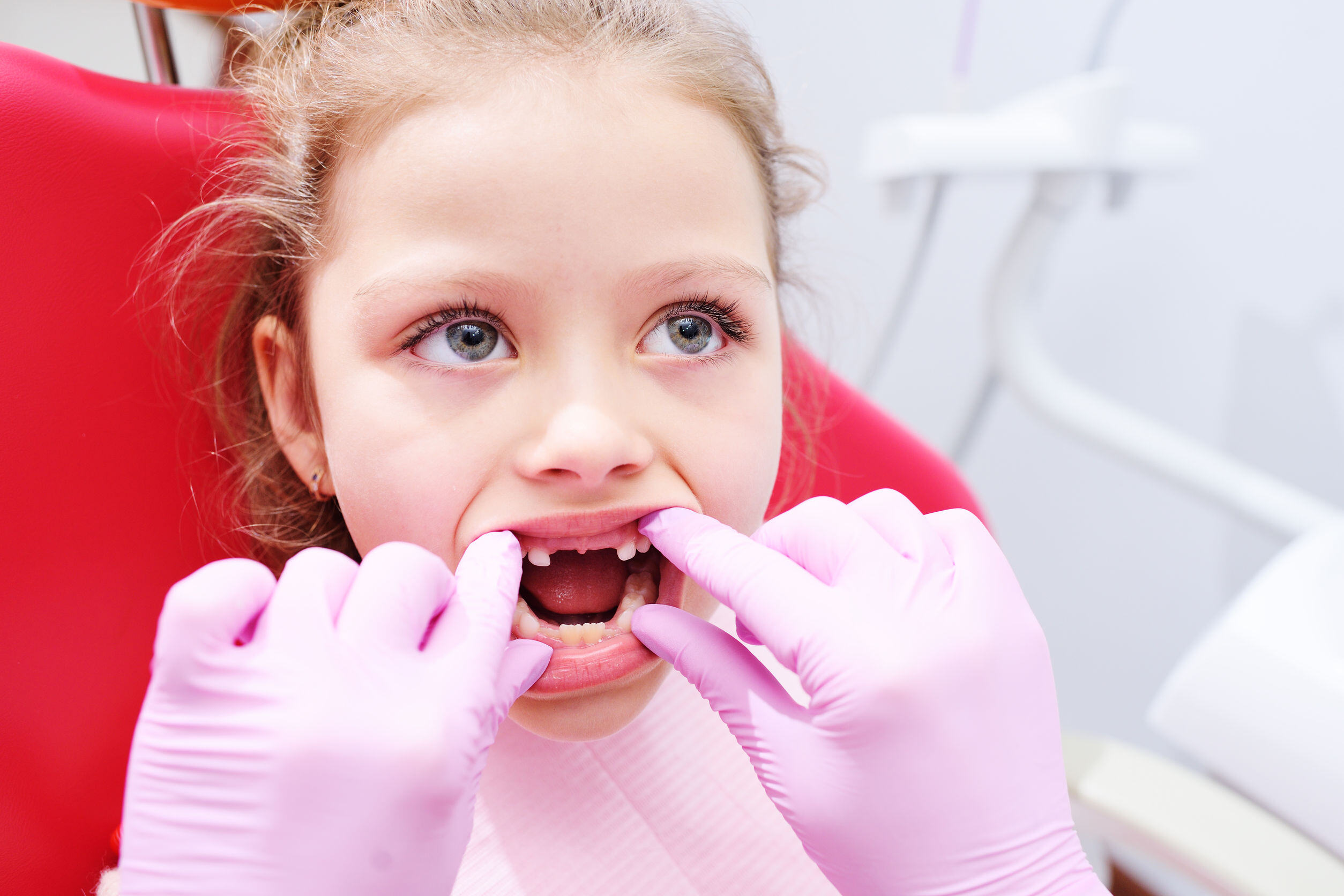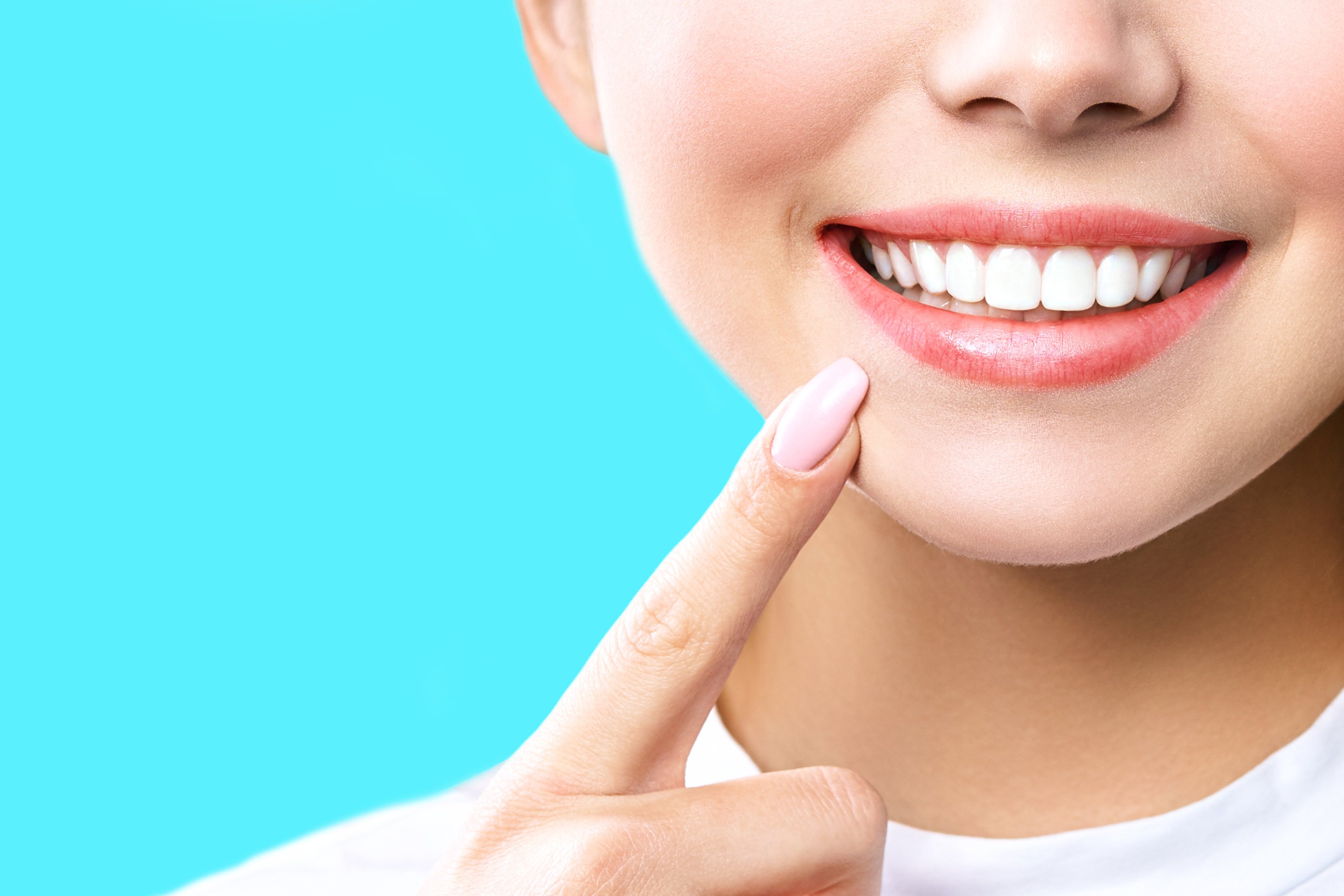Caring for Your Child’s Baby Teeth

Summarize with AI
It’s never too early to start focusing on your child’s dental health! According to the ADA, more than 40% of children have tooth decay by the time they reach kindergarten. To prevent your child from developing poor oral health, it is important to instill good oral hygiene habits from a young age.
Why Baby Teeth Are Important
Baby teeth are important for your child’s health, well-being, and development. They help your child chew, speak, and smile at an early age. Baby teeth also help promote the proper development of jaws by holding space for your child’s permanent teeth. Your child’s first baby teeth, known as primary teeth, usually erupt from the gums between the ages of six months to one year of age. All 20 of their primary teeth will usually erupt by the age of three.
How to Take Care of Baby Teeth
Baby teeth can get cavities just like adult teeth. The most effective way to prevent tooth decay at any age is to brush your teeth twice a day for two minutes, floss your teeth once per day, and schedule routine check-ups with your dentist. Early on, your child should understand how to properly clean and care for their teeth to prevent decay and cavities. This will allow them to achieve a lifetime of healthy smiles.
When to Get Your Child’s Baby Teeth Checked
The American Academy of Pediatric Dentistry (AAPD) recommends that children receive their first dental exam no later than one year of age. This initial examination allows your dentist to monitor and prevent potential dental problems.
Final Word:
Early childhood tooth decay is preventable with proper oral hygiene habits. To learn more about caring for your child’s teeth, schedule an appointment with your dentist. He or she will begin to monitor the development of your child’s teeth, jaw, and palate, as well as make recommendations to improve your child’s oral hygiene routine. Contact us today to schedule an appointment.
.png)

